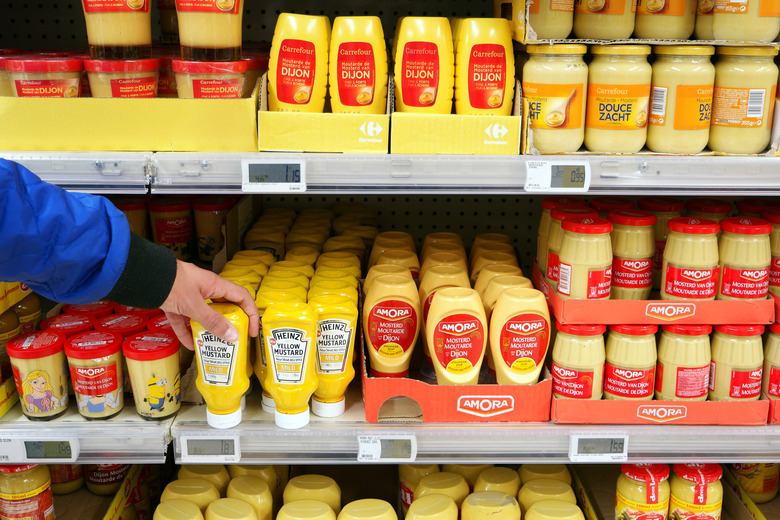Kraft Heinz To Donate 1 Billion Meals And Go Cage-Free
Wondering who makes your favorite products? Chances are, it's either Kraft-Heinz or one of these other nine companies. The company's CFO may be under 30 years old, but at the end of 2016, Kraft Heinz had 83 company-owned factories and employed 42,000 employees around the world.
Now the processed food giant is making a new and gargantuan commitment. They plan to embark on a transformative overhaul of their farming, production, and employment practices to reduce the harmful impact their company has on the industry and the Earth.
There are dozens of major alterations being made to company policy, but some of the most notable include a dedication to donate 1 billion meals to feed the hungry, source 100 percent sustainable palm oil, achieve 70 percent compliance with global nutrition guidelines, and source 100 percent of their eggs from cage-free hens.
"At Kraft Heinz, we're focused on addressing the most critical environmental and societal challenges affecting our industry and global communities, and finding ways to drive meaningful change — today and in the future," Kraft-Heinz CEO Bernardo Hees said in a press release.
These changes point towards a global vision of sustainability, decrease in waste and environmental impact, and better animal welfare.
"We believe an important aspect of animal welfare is allowing animals the space they need to walk and allow other natural behaviors," Caroline Krajewski, Director, Corporate Social Responsibility at Kraft Heinz told The Daily Meal. "We're happy to now be expanding this commitment globally, and are proud of our progress to-date, with one-third of our global supply already transitioned."
"The strategy also builds upon CSR goals and policies Kraft Heinz announced earlier this year aimed at eliminating global hunger and malnutrition," the press release revealed. Kraft Heinz has partnered with nonprofit organizations including Rise Against Hunger, Feeding America, Boys and Girls Clubs of America, and the American Red Cross to help them meet their ambitious goal of 1 billion meals donated.
The plan indicates a deadline of 2021 for the billionth meal delivery. Meanwhile, the company plans to be 100 percent cage-free by 2025, placing it alongside Nestlé, Kellogg's, and other large corporations who plan to make major changes in how they source their eggs.
"Our sustainability commitments and broader CSR strategy illustrate our prioritization of sustainable business practices, both for the future well-being of society and the growth of our company," said Krajewski to The Daily Meal. "We know these targets are challenging, but we see this journey as a long-term commitment to living our Vision, To Be the Best Food Company, Growing a Better World."
This newest change is the biggest thing to happen to the company since the merger of Kraft and Heinz in 2015 — a change that could have (but didn't) result in Velveeta Bagel Bites and 9 more insane product mashups.
